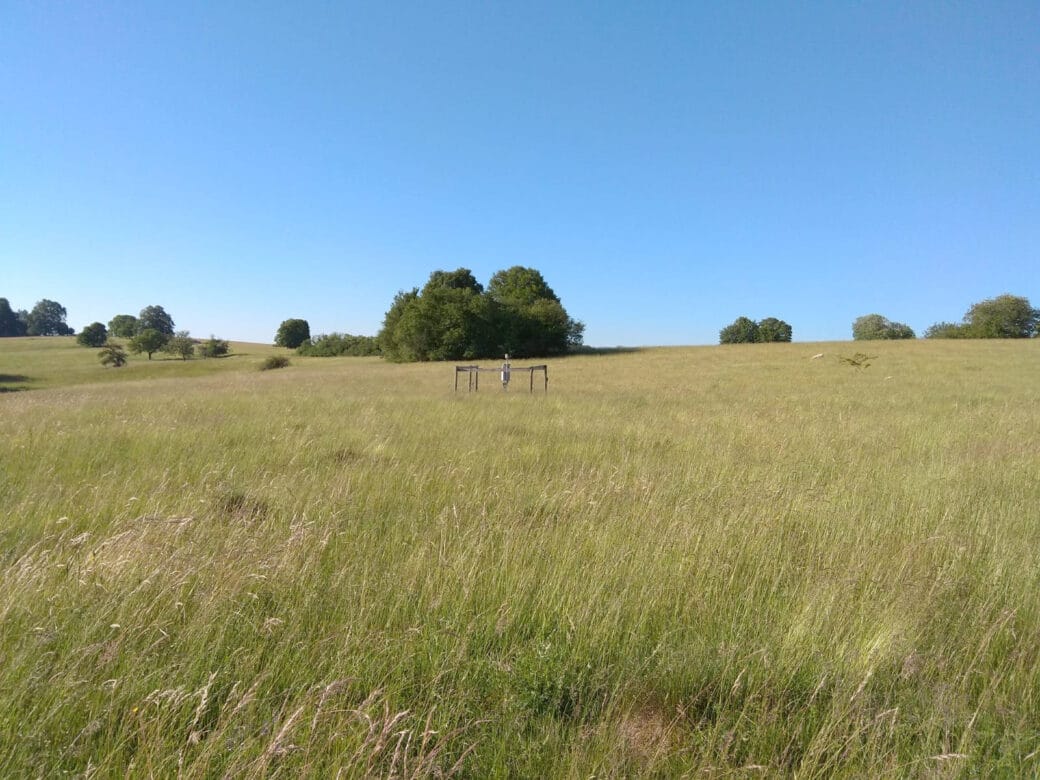#Soil biology & Element cycling #Plants #2008 – 2011
ClimateChange (Contributing project)
The role of biodiversity in controlling biogeochemical processes under experimental climate change in grassland and forest systems

- Climate change will reduce litter decomposition and mineralisation rates, both directly through changes in environmental factors, and indirectly through changes in species composition with increasing dominance of drought-tolerant species sharing traits that negatively affect decomposition processes.
- Reduced litter decomposition and mineralization rates negatively affect nitrogen availability in soil, but increase carbon-sequestration.
- Resistance against these climate change effects will be higher in diverse plant communities than in species-poor communities.
Dormann C. F., von Riedmatten L., Scherer-Lorenzen M. (2017): No consistent effect of plant species richness on resistance to simulated climate change for above- or below-ground processes in managed grasslands. BMC Ecology 17(1):23. doi: 10.1186/s12898-017-0133-0
More information:
doi.org
Public Datasets
Dormann, Carsten (2016): Climate Change Manipulation Effects on Biomass, Species Richness, Above- and Below-Ground C- and N-Pools in 15 Grassland Sites in 2008-2010. Version 2. Biodiversity Exploratories Information System. Dataset. https://www.bexis.uni-jena.de/ddm/data/Showdata/20186?version=2









